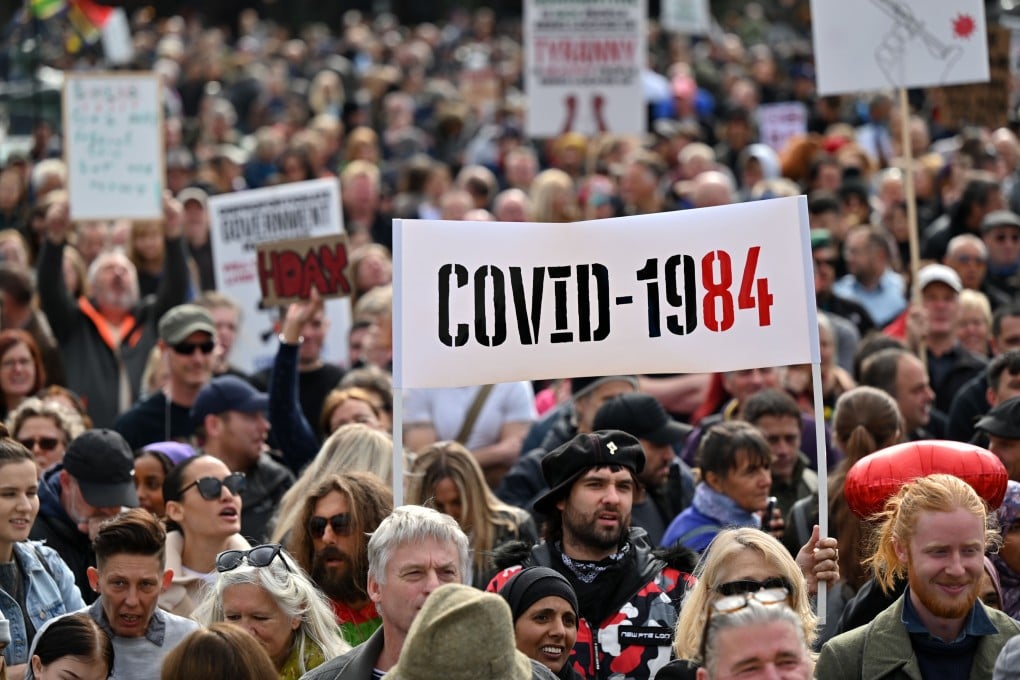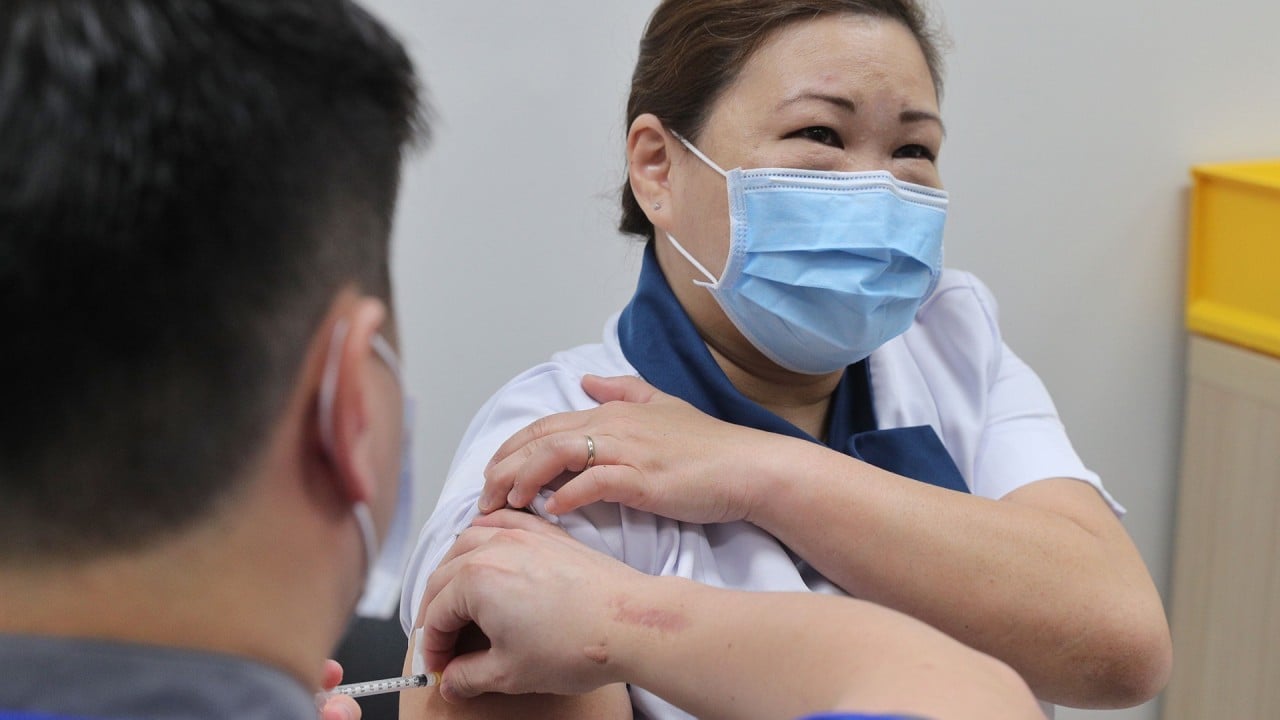Advertisement
As I see it | Asia’s Covid-19 vaccine hopes hinge on good governance and countering anti-vaxxers
- The vaccine is no silver bullet for Asian governments seeking a better 2021
- Distrust in government, unclear policies and a failure to battle misinformation fuelling vaccine hesitancy will compromise the potential benefits of mass inoculation
Reading Time:3 minutes
Why you can trust SCMP

When Indonesian President Joko Widodo announced last month that Indonesians would get Covid-19 vaccines for free, he called on his cabinet ministers to “prioritise and reallocate other budgets … so there is no reason for the public not to get vaccines”.
Advertisement
Like Southeast Asia’s largest economy – which also has the highest number of cases among Asean countries – governments worldwide are digging deep into the national purse to secure one or several of the seven vaccines currently available for public use (though in varying quantities). The aim of mass vaccinations is to achieve herd immunity, where a sufficient section of the population is immune to the virus,breaking the chain of transmission and protecting those who for various reasons cannot or do not want to be inoculated.
Experts say between 60 and 80 per cent of the population would need to be vaccinated to achieve herd immunity and end the worst public health crisis in recent memory, which has upended life as we know it.
But the vaccine is not a silver bullet for governments seeking to restart battered economies and replace lost jobs.
Jerome Kim, director general of the International Vaccine Institute in South Korea, says it could be 2023-2024 by the time there are enough vaccines for the global population. And while the Covax programme aims to ensure that there is some form of equitable vaccine allocation, poorer countries will have to wait longer to get doses while wealthier countries have booked up supply to begin vaccinating frontline workers and the elderly.
In the interim, governments can only rely on sound policy decisions backed by science, such as maintaining social-distancing and mask-wearing guidelines, even as fatigue and complacency set in. Missteps on this front in 2020 mired Indonesia in one long unending wave of Covid-19 infections while a lack of supervision of social dancing clubs in Hong Kong led to an explosion of cases, undoing earlier gains in pandemic management.

02:03
Singapore begins national Covid-19 vaccination programme
Singapore begins national Covid-19 vaccination programme
In the Philippines, fatigue and distrust in health authorities have set in, after laws were implemented unevenly, with the rich and powerful jumping the queue for scarce Covid-19 tests and more recently, for unapproved and “smuggled” vaccines.

Advertisement
